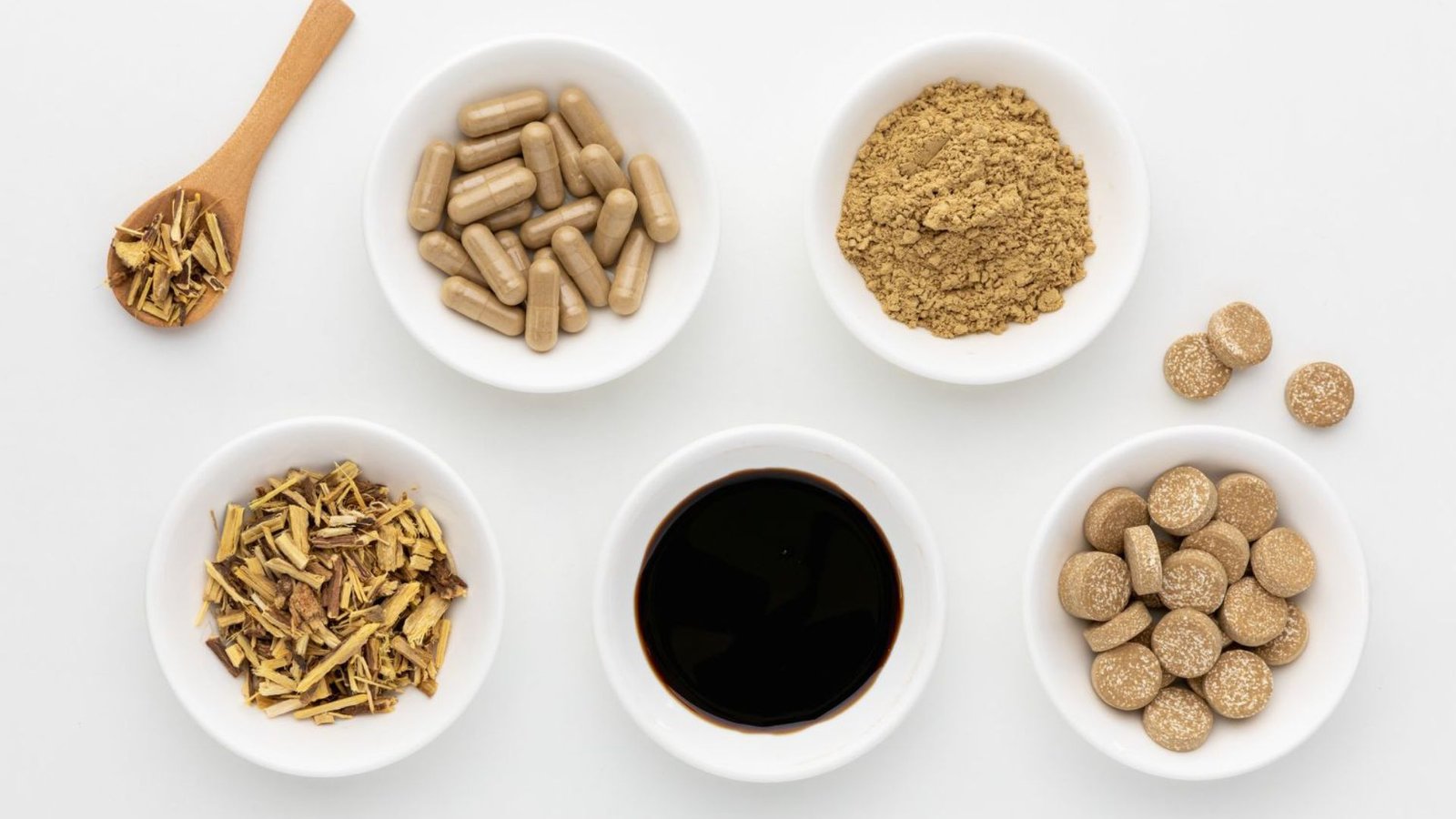Medicinal Uses of Licorice
Licorice (Glycyrrhiza glabra) is one of the oldest and most widely used herbs in traditional medicine. Known for its sweet flavor, licorice root has long been valued for its powerful healing properties. Across various cultures, licorice has treated digestive issues, supported respiratory health, and enhanced the body’s response to stress. While licorice is often consumed in candies or teas, it offers a range of medicinal benefits that can significantly improve health when used correctly. In this article, we’ll explore the medicinal uses of licorice, its health benefits, the mechanisms behind its effectiveness, and how to use it safely.

What is Licorice?
Licorice is a perennial herb that belongs to the legume family (Fabaceae). The root is the primary part of the plant used for medicinal purposes, and its sweet taste comes from a compound called glycyrrhizin, which is up to 50 times sweeter than sugar. The medicinal use of licorice dates back over 4,000 years, with ancient Egyptian, Greek, and Chinese cultures all praising its therapeutic properties.
Today, licorice is commonly found in teas, tinctures, lozenges, and syrups. Despite its widespread use, licorice should be used with caution, especially in large quantities, due to its potential side effects.
Health Benefits of Licorice
Supports Digestive Health
Licorice plays an important role in supporting digestive health. It helps to alleviate discomfort associated with indigestion, acid reflux, and even ulcers.
- Relieves Indigestion and Heartburn: Licorice’s anti-inflammatory properties soothe the digestive tract, reducing the symptoms of indigestion and heartburn. It works by decreasing inflammation and protecting the stomach lining from excessive acid production.
- Treats Stomach Ulcers: Licorice has been shown to promote the healing of peptic ulcers. It stimulates mucus production in the stomach, which creates a protective barrier against stomach acid. For ulcer treatment, deglycyrrhizinated licorice (DGL) is preferred, as it offers the benefits of licorice without the harmful effects of glycyrrhizin.
Promotes Respiratory Health
Licorice has long been used to support the respiratory system, providing relief for conditions like coughs, bronchitis, and asthma.
- Relieves Cough and Throat Irritation: Licorice has demulcent properties, which means it can coat the throat and soothe irritation. It’s often included in cough syrups and lozenges for its ability to calm dry, scratchy throats.
- Acts as an Expectorant: Licorice helps loosen mucus and phlegm from the respiratory tract, making it easier to expel. This expectorant action makes it valuable in treating conditions like bronchitis, where excessive mucus is a common problem.
Boosts Immune Function
Licorice enhances immune function by stimulating the production of interferons, proteins that help the body fight off infections. It also exhibits antiviral and antibacterial properties.
- Antiviral Action: Studies suggest that licorice can inhibit the replication of certain viruses, such as the flu virus. By preventing viral replication, licorice may reduce the severity and duration of viral infections.
- Fights Bacterial Infections: The antibacterial properties of licorice make it effective against harmful bacteria, further supporting the body’s immune system.
How to Use Licorice
Licorice is available in several forms, each suited to different health needs. Here are some common ways to use licorice:
- Licorice Tea: One of the most popular ways to consume licorice is in tea. To make licorice tea, steep dried licorice root in hot water for about 10–15 minutes. This is ideal for soothing digestive issues, treating coughs, or relieving a sore throat.
- Tinctures: Licorice tinctures are concentrated extracts that can be taken in small doses. They are effective for digestive support, respiratory conditions, or stress relief.
- Capsules/Tablets: Licorice is also available in capsule or tablet form. These provide a convenient way to take licorice for specific health benefits, such as immune support or adrenal health.
- Topical Applications: Licorice extract can be found in creams and lotions used for skin irritation. It can be applied directly to areas affected by eczema, psoriasis, or hyperpigmentation.
Conclusion
Licorice is a versatile herb with a wide range of medicinal uses, from supporting digestive and respiratory health to boosting immunity and reducing stress. While it offers numerous benefits, it is important to use licorice in moderation and be aware of its potential side effects, particularly if consumed over extended periods. Always consult with a healthcare provider before using licorice, especially if you have underlying health conditions or are on medications.



